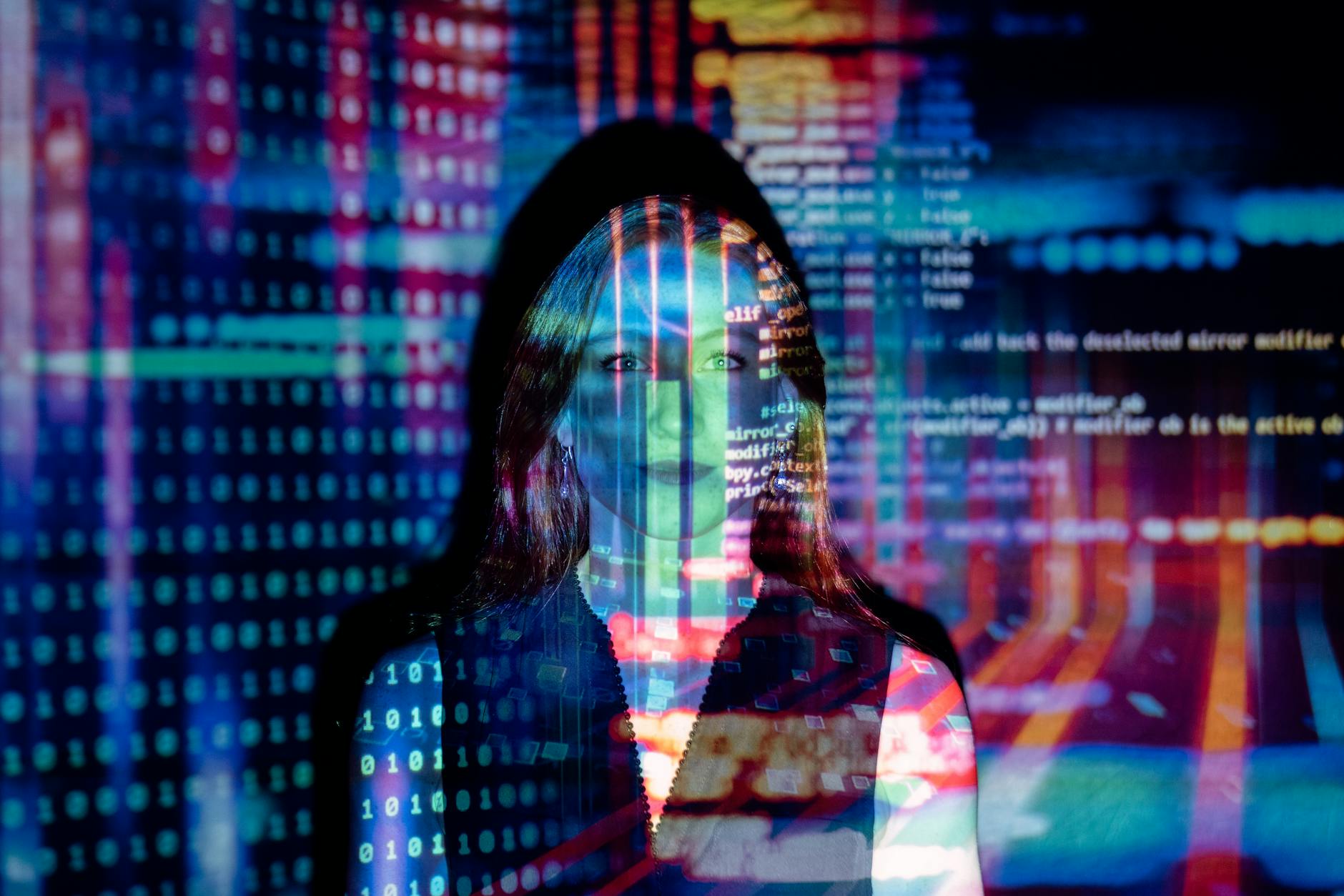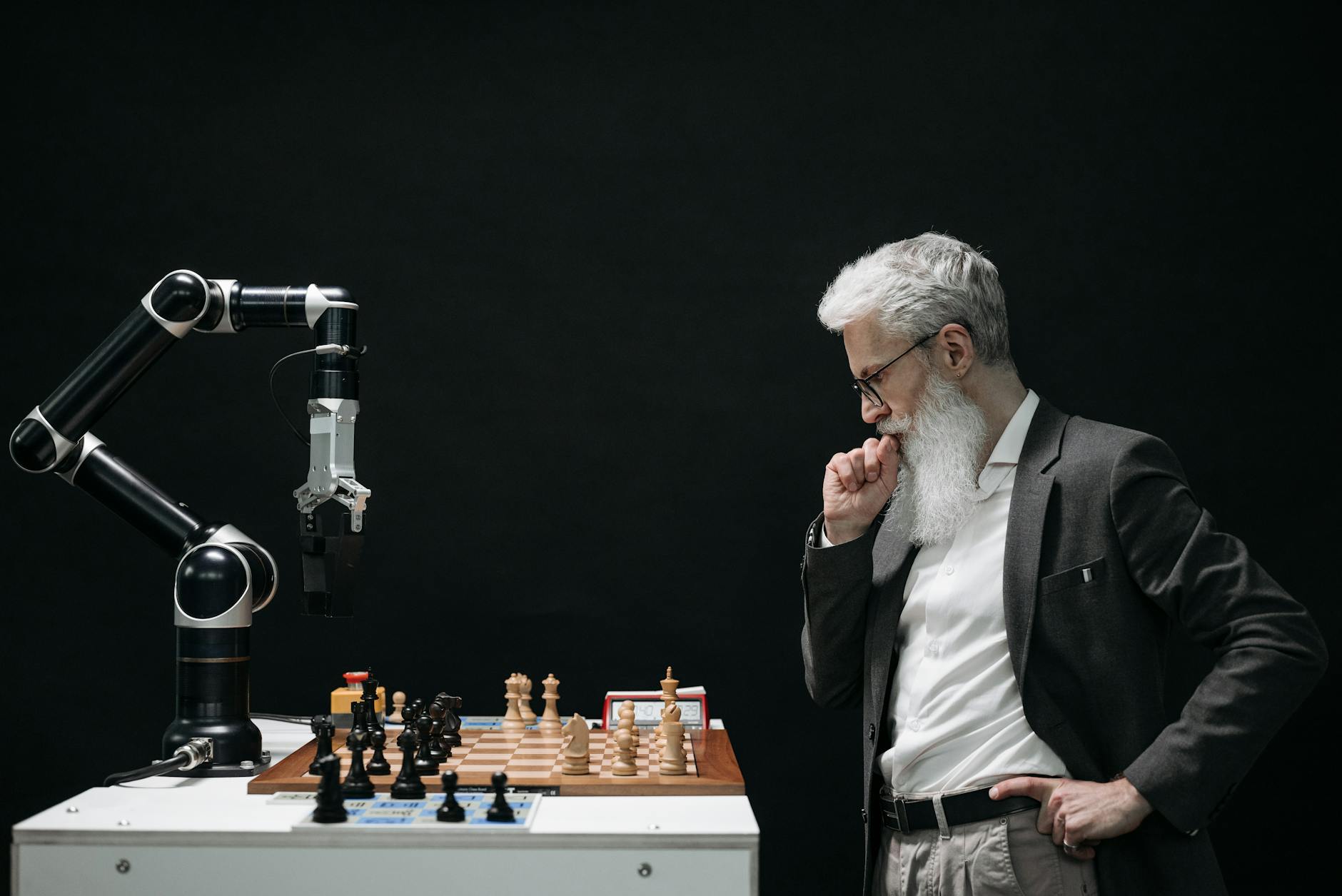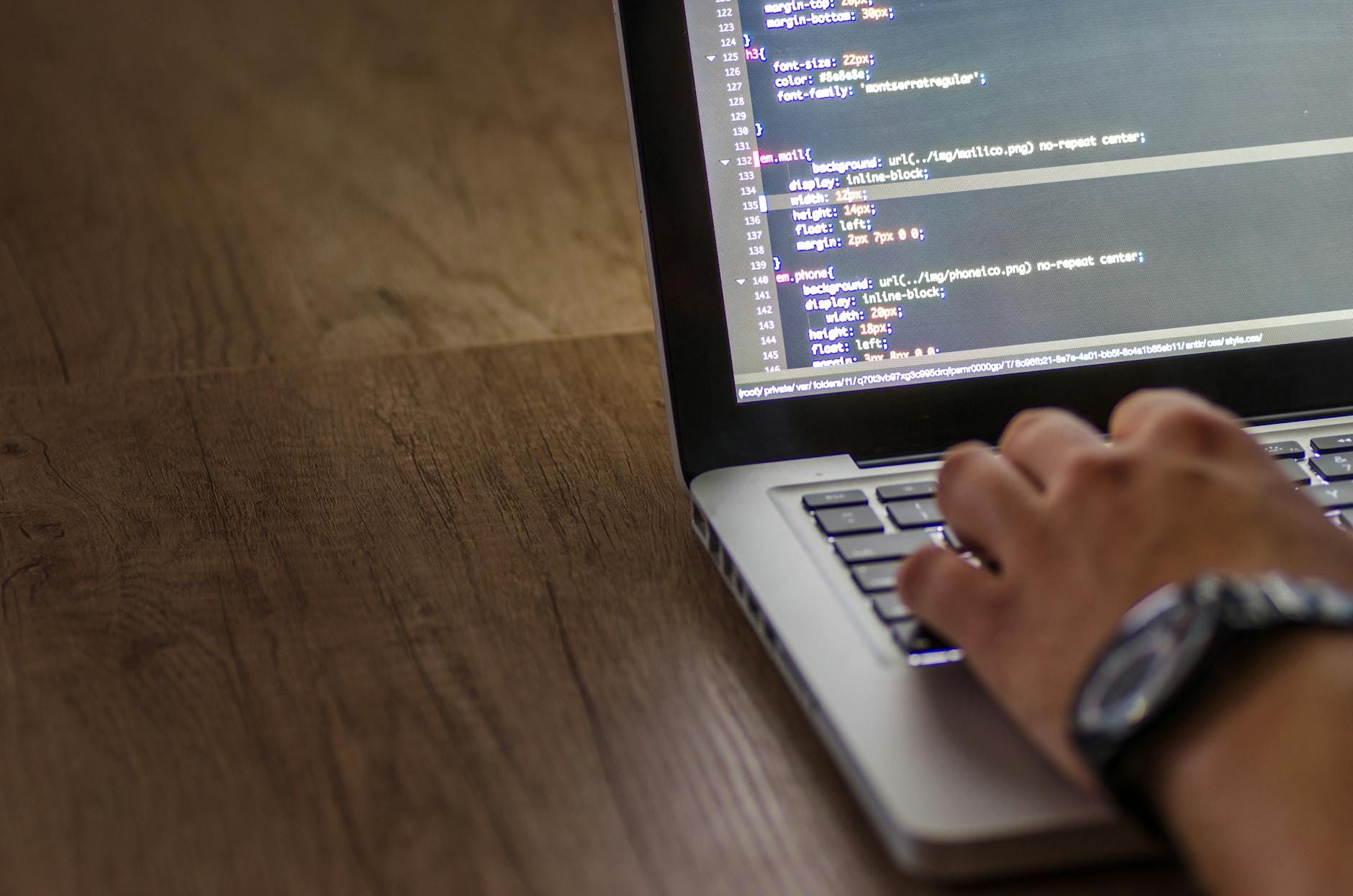Introduction: The Rise of AI
Artificial Intelligence (AI) has transitioned from being a futuristic concept to a transformative force shaping the present. Whether it’s chatbots managing customer queries or machine learning algorithms analyzing massive datasets, AI is rapidly permeating various sectors. This progress has prompted one critical question: Can AI replace humans? While AI showcases unparalleled efficiency in certain areas, its limitations remind us why humans remain indispensable.
In this blog, we’ll dissect this debate, exploring where AI excels, where it falls short, and the broader implications of this shift.
Table of Contents
- AI in the Workforce: Can AI Replace Human Jobs?
- The Limitations of AI: Why Humans Are Still Needed
- Ethical Considerations: Can AI Replace Humans in Society?
- The Future of AI and Human Collaboration
- Conclusion: Can AI Replace Humans? The Final Verdict
1. AI in the Workforce: Can AI Replace Human Jobs?

Can AI Replace Human Jobs
AI has already taken over several jobs, especially those involving repetitive tasks. Factories employ robotic arms for assembly lines, customer support increasingly relies on AI-powered chatbots, and data entry is now automated. In these instances, AI has proven to be faster, more accurate, and cost-effective.
However, the question persists: Can AI replace humans entirely in the workforce?
Areas Where AI Excels:
- Efficiency in Repetitive Tasks: AI thrives on predictable, rule-based work. For instance, AI tools are used in financial auditing to scan thousands of documents for errors in minutes.
- Data Analysis: AI can process enormous datasets, identifying trends and patterns that would take humans weeks or even months to analyze.
- Automation in Manufacturing: Robotics has revolutionized production lines, reducing human errors and improving output.
Roles That Require Humans:
- Creative Professions: AI can generate art or music, but its creations lack originality or emotion that comes naturally to humans.
- Empathy-Driven Roles: Healthcare, social work, and education rely heavily on understanding human emotions and providing comfort, areas where AI falters.
- Complex Decision-Making: Leadership roles, negotiation, and strategic planning demand a blend of logic, intuition, and emotional intelligence.
While AI may displace certain roles, it also creates opportunities for humans to upskill and focus on areas where human ingenuity and emotional intelligence shine.
2. The Limitations of AI: Why Humans Are Still Needed

Why Humans Are Still Needed
AI’s efficiency and precision come with significant limitations. These shortcomings are a reminder of why AI cannot replace humans in many domains.
Key Limitations of AI:
- Lack of Creativity: AI operates within the confines of its programming and training data. It cannot innovate or think outside the box like a human can.
- Emotional Intelligence: AI struggles to interpret and respond to emotions authentically. Human interactions often require empathy and emotional nuance, which AI cannot replicate.
- Ethical Judgment: AI can process rules but cannot navigate the complexities of moral dilemmas, which require human values and context-based reasoning.
- Dependency on Data: AI learns from past data. If the input data is biased or incomplete, AI’s output will reflect those flaws.
These limitations reinforce that while AI can augment human abilities, it cannot wholly replace them.
3. Ethical Considerations: Can AI Replace Humans in Society?
As AI becomes more integrated into society, ethical concerns are surfacing. From job displacement to bias in AI systems, the implications of replacing humans with AI require scrutiny.
Key Ethical Concerns:
- Job Loss and Inequality: Automation threatens to displace millions of jobs, particularly those requiring low or medium skill levels. This could exacerbate income inequality if reskilling initiatives aren’t implemented.
- Bias in AI Systems: AI algorithms can unintentionally perpetuate existing biases found in training data, leading to unfair outcomes in hiring, policing, and lending decisions.
- Loss of Human Connection: Over-reliance on AI in caregiving or education could lead to a loss of genuine human interaction, which is vital for emotional well-being.
The ethical question isn’t just whether AI can replace humans, but whether it should. Responsible AI development must prioritize fairness, transparency, and inclusivity.
4. The Future of AI and Human Collaboration

AI and Human Collaboration
Rather than framing the debate as humans versus AI, the future lies in collaboration. AI should be seen as a tool that complements human capabilities, not one that replaces them.
Examples of Human-AI Collaboration:
- Healthcare: AI-powered diagnostic tools assist doctors in identifying diseases, but the final treatment plan is made by medical professionals.
- Education: AI tutors can provide personalized learning experiences, while teachers focus on nurturing critical thinking and creativity.
- Creative Fields: AI can enhance human creativity by generating ideas or handling technical aspects, enabling artists to focus on expression.
By working together, humans and AI can achieve outcomes that neither could accomplish alone.
5. Conclusion: Can AI Replace Humans? The Final Verdict
The question, Can AI replace humans, doesn’t have a simple yes or no answer. While AI can outperform humans in specific tasks, it lacks the creativity, emotional intelligence, and ethical reasoning that define human capabilities.
Rather than replacing humans, AI serves as a transformative tool that amplifies human potential. The future is not about choosing between AI or humans—it’s about leveraging the strengths of both to build a better, more efficient, and inclusive world.
- Explore our detailed blog on AI in Education.
- Read more about AI’s impact on jobs in this Harvard Business Review article.
Final Thoughts: As AI continues to advance, its role in society will only grow. However, humans remain irreplaceable in areas that require creativity, empathy, and ethical judgment. The key lies in fostering collaboration between humans and AI, ensuring a balanced and inclusive future.



Your article helped me a lot, is there any more related content? Thanks!
Can you be more specific about the content of your article? After reading it, I still have some doubts. Hope you can help me.
Thank you for your sharing. I am worried that I lack creative ideas. It is your article that makes me full of hope. Thank you. But, I have a question, can you help me?